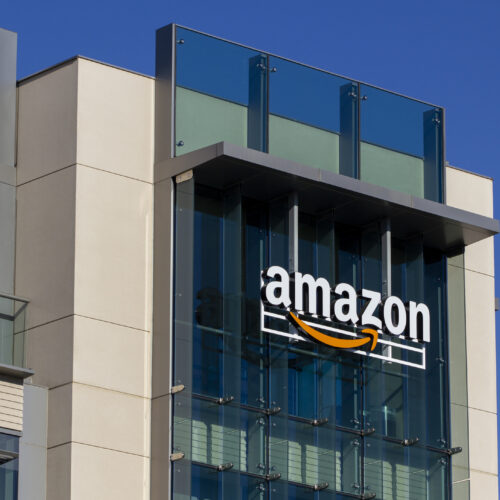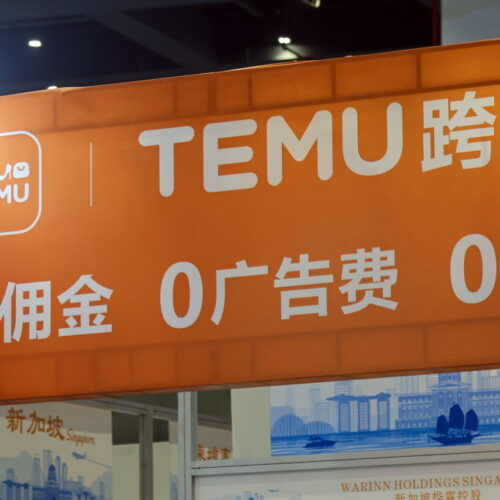Temu and Shein are in a tricky spot — but it's mostly good news

Getty Images; Jenny Chang-Rodriguez/BI
- President Trump lowered the tariffs on goods from China to 30%.
- Packages under $800 shipped directly to customers from China are still subject to high duties.
- But Temu has already started shifting to shipping from US warehouses — so this is still a win for the company.
Temu and Shein have just found themselves in a strange spot in the new 90-day reprieve in the trade war with China. President Trump has loosened the tariffs to 30% (down from 145%) as part of a plan to open the negotiations for a new trade deal.
However, high tariffs remain on small packages shipped directly from China — the kind that Temu and Shein typically send.
Until very recently, Temu and Shein benefited from the de minimis exception, a loophole that allowed for packages under $800 in value to ship without duty. Trump closed this loophole starting May 2. He also implemented tariffs as high as 120% or a flat fee of $100 per package (rising to $200 in June). Those remain in effect, despite the 90-day deal, Axios reported Monday.
But Temu had a workaround strategy that saved customers from having to add on massive extra "import charges" on orders. Temu had already been building up warehouses in the US, which meant that some items could ship locally (and more quickly).
A few weeks ago, Temu changed its site and app to display almost exclusively items that shipped from US warehouses — products that would avoid those nasty extra fees. At the time, Temu told Business Insider it also planned to work on recruiting more US-based sellers.
Of course, this was a temporary solution: eventually, those US warehouses would need to get restocked, and the new bulk shipments would be subject to Trump's 145% tariffs. When I wrote about this last week, I said that Temu had a few options: shift to focusing on Europe or other markets, or ship to the US from other countries.
But there was also one other viable option: wait it out and hope a trade deal happens soon.
So here's where Temu and Shein are now: the tariffs for shipping directly to customers from China are still onerous. That's bad for them.
The good news is that if, instead of shipping direct, suppliers ship big quantities to the companies' US warehouses, the situation is better.
That's because right now, Temu and Shein— which also has US warehouses — have extra time to replenish those local warehouses with the lower tariff charges. Temu, Shein, and the White House did not respond to requests for comment.
For Temu sellers, it isn't back to business as usual, but it is definitely good news. Here's what one seller told Bloomberg:
For Sun Yang, who owns a business selling face- and body-painting tools such as brushes and color palettes on Temu’s online marketplace, the good news couldn’t come soon enough as he watched his inventory dwindle at warehouses in the US, which accounts for all of his sales. “Our whole office was shouting ‘hooray!’ when we read the news,” Sun said from his company’s headquarters in Shenzhen near Hong Kong. Sun saw mid-double-digit sales growth in the past two months as American consumers hoarded products before prices skyrocketed. “Returning to 30% means we have no pressure from price hikes in the foreseeable future,” said Sun, “I hope consumers can gain more confidence and come back to shop again.”
So what does this mean? Well, I can definitely say that, for now, this is great news for those little girls who want 30 dolls instead of just two. Temu and Shein have gotten yet another life.




